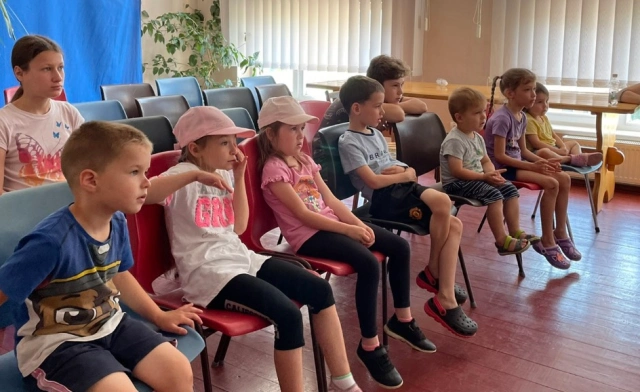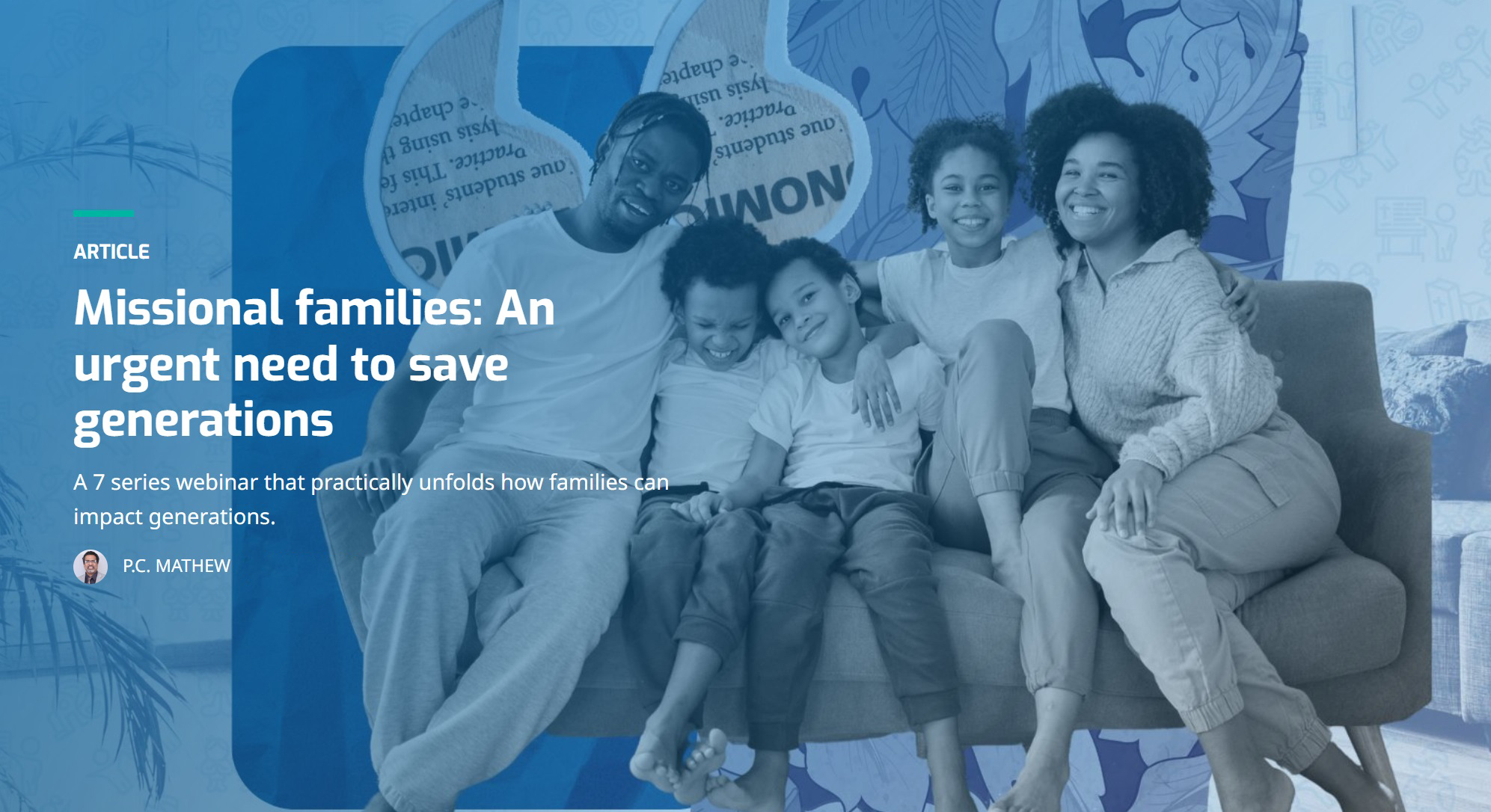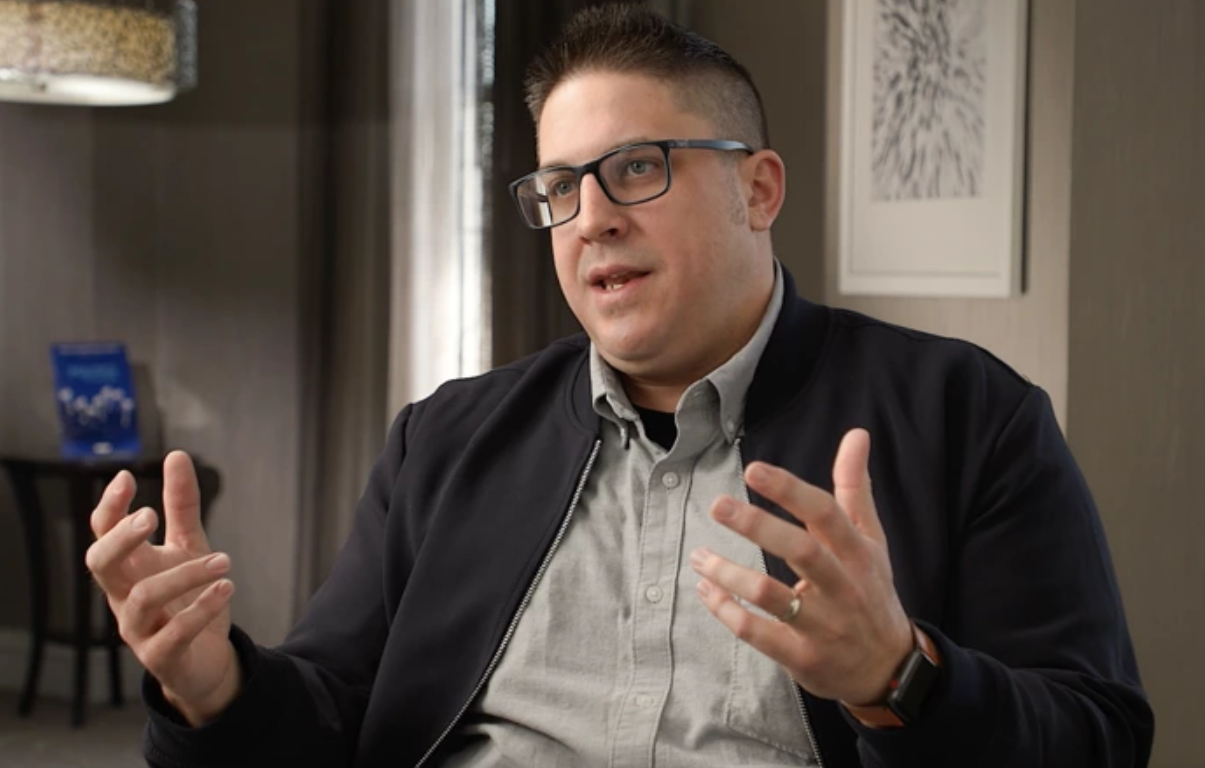As pictures of Russia’s attack on Ukraine appeared on media, some asked me, “What can I do?” Within hours, a couple friends decided there was something they could do. They promised to supply some funds and asked, “Can you get this money into the country and make sure it is being used to help those in need?” I assured them that we could and would.
Just weeks earlier, I had been in Ukraine, meeting with senior leaders of several Evangelical denominations. Then, only hours before Putin sent in his tanks, Ruslan Maliuta, a Ukrainian, had sent me a note asking if there was some way we could help. Within a few hours, we had an account set up by the World Evangelical Alliance, with Ruslan and a small team of decision makers in charge. Others joined in offering support, eventually providing a fund of some $2 million in Canadian dollars to fund TRUST: The Response – Ukraine Special Task Force.
Central to our strategy is a commitment to help churches as they serve the needs of people. We rightfully assumed that local churches would have the best knowledge of immediate needs and would be able to direct our funds immediately to those struggling to survive. Of the 13,000 Evangelical churches in Ukraine, many are linked together in the Council of Evangelical Protestant Churches of Ukraine.
Impact
To date, some 8 million Ukrainians have left the country and another 7.1 million are internally displaced within the country. Over 10,000 civilians have been killed.
In this changing and devastating environment, TRUST, in partnership with ten church denominations within Ukraine and another ten in bordering countries, has focused on meeting the daily needs of people, including temporary accommodation, food, medicines and transportation. Together we have 64,100 staff and volunteers, with 593,800 people having received basic supplies, including 271,300 in temporary accommodations. We have moved 1,500 children from 22 orphanages to safe accommodations. Our volunteers operate out of 74 help centers, and one of our partners, Save Ukraine, is fielding 700 calls a day on its hotline.
At first, the critical need was to get people out of harm’s way, with many eventually fleeing into surrounding countries: Poland, Hungary, Slovakia, Romania and Moldova. Churches in these countries were creative in finding places for families (usually a mother and her children) to stay. In Romania, which is known for its sex trafficking, churches moved into action, sending volunteers to the border to protect women from men who might pretend to be offering help, but with other plans in mind. In Poland, a hotel owner offered his hotels to the church to house refugees. Churches set up warehouses to collect food and goods, then transport supplies into the heart of the war.
Making connections
Eleven years ago, while visiting the tsunami and nuclear disaster site in Japan, I met Jonathan Wilson, an American living with his Japanese wife, who had set up Crash Japan! to facilitate the deployment of 1,700 volunteers and considerable funds that poured into the country following the tsunami. Since then, he has established a ministry to help children traumatized by war and disaster. I contacted him and, within weeks, he was in Ukraine and surrounding countries, training people who are now conducting camps for children whose lives have been dismantled by the cruelty and killing of this tragic war.
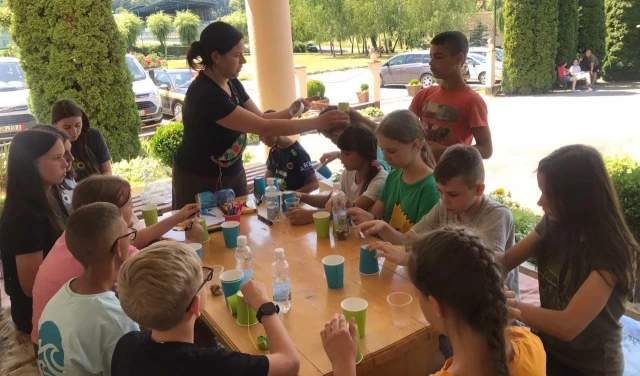
Medical supplies
Jake Epp former Canadian Minister of Health, started Health Partners International, a Canadian NGO which receives medicines and pharmaceutical supplies gratis, from major companies. These are then packaged and made available to missions worldwide. I contacted its new president and put forward the issue of Ukraine. Last month while in Ukraine, I connected with Dr. Rudi Migovich, a medical doctor and head of the Christian Medical Association of Ukraine. In the end we’ve arranged for 600 pounds of medical resources to be sent via Warsaw to Ukraine. Our cost is shipping which is $6000. Last week I visited Rudi and his staff – 11 full-time, 60 volunteers – at their lovely office in Lviv. They have sent 100 tons of equipment in the last few months to hospitals and the front. This gives us enormous leverage, as we pay shipping, and medical supplies come without charge. I have agreed with HPI that we will do a lot more of this in the coming weeks and months.
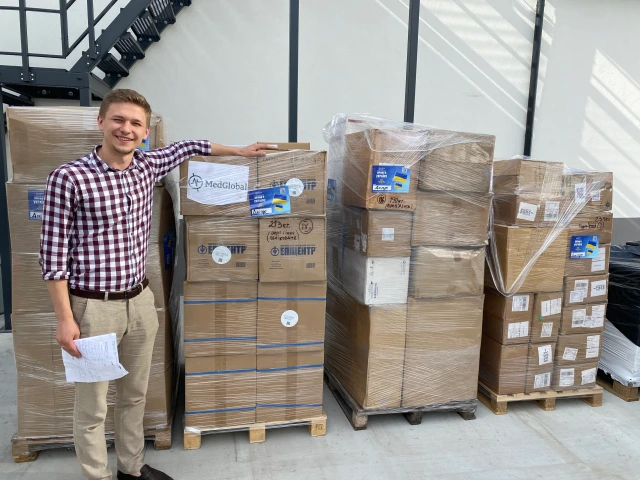
Last week, I met with our 20 partnering groups in Lviv, a beautiful and historic city on the western edge of Ukraine. Over two days, we reviewed issues and needs, looking into the future. Here is what we concluded:
It’s important for us to clearly understand the many challenges we face and to devise effective methods in our response and support. The continuing war makes plain the ongoing need for evacuation and the dispensing of aid to people in dangerous places. Our profound commitment to biblical values enables us to discern the following challenges as the most important ones:
• Spiritual and psychological support and humanitarian assistance to those suffering from the war and to those caught in economic hardship, particularly internally displaced persons and refugees.
• Rehabilitation programs for parents, children, youth, and veterans.
• Support and rehabilitation for pastors affected by the war.
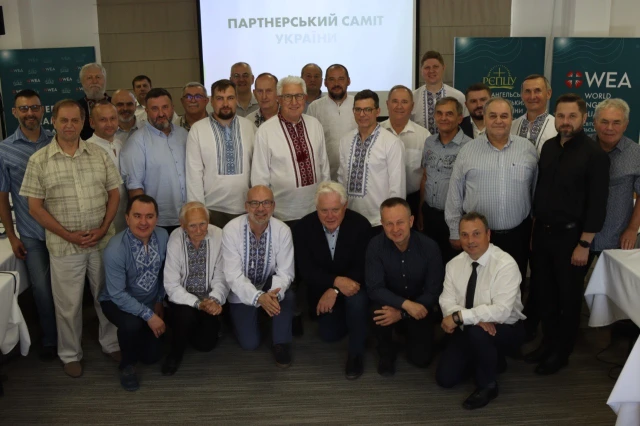
No one knows when this war will end. But we do know that needs will last long into the future. People who have been dislocated, uprooted, traumatized, and terrorized need the loving hearts and hands of those who, in the name and the embracing presence of Jesus, can help knit hearts back together. To facilitate help, funds are greatly needed. As your heart also asks the question, “What can I do?” we have a way to ensure that your donations will address the real needs of people who are urgently looking to us to help.
**
It took a few hours to cross the border into Ukraine and travel to our place of meeting. After I arrived, I wrote these words:
I flew overnight from Toronto to Warsaw and arrived about 2:00 in the afternoon. Was picked up and driven some four hours to the Ukraine border to catch the train for a two-and-a-half-hour ride to Lviv. The train was late and congested and we waited three hours in line with some 300 people, mostly women and children, for the train to take us to Lviv. I had no one to look after, and it dawned on me how uncomplicated and simple my life is.
But in the process, while I was approaching the check-inpoint, a mother with three children, carrying one of them in a front harness, was struggling with her luggage. I said,“Let me take it,” and I took on three huge suitcases, one weighing at least 90 pounds. I muscled them down the track up onto the train and into the luggage rack. I realized how light and simple my life is.
These women, courageous and determined, were going back into the country they had fled a few months ago. Their children were anxious, crying, wet, in need of food, and wondering if their house was still standing, I knew how predictable and simple my life is.
As I wrestled with the luggage, possibly all that mother and children now own, I realized how bountiful and simple my life is.
Hours later, we reached Lviv, and by 6:00 a.m. I was in a nice, clean hotel. And I realized how comfortable and simple my life is.
Brian C. Stiller
Global Ambassador, The World Evangelical Alliance
July 2022
Originally published on The World Evangelical Alliance

